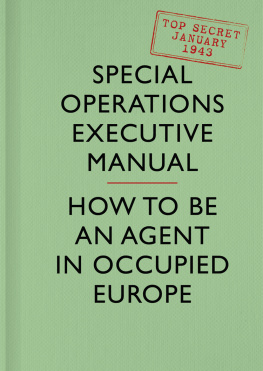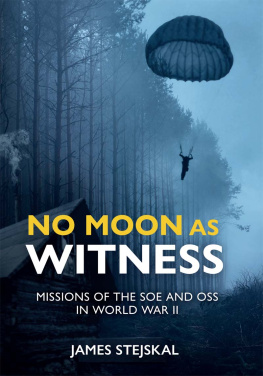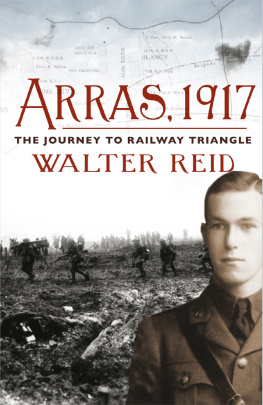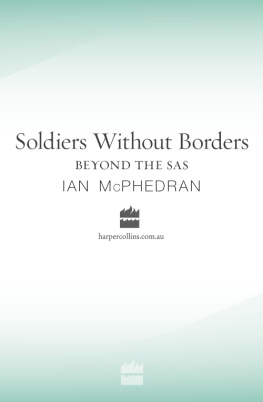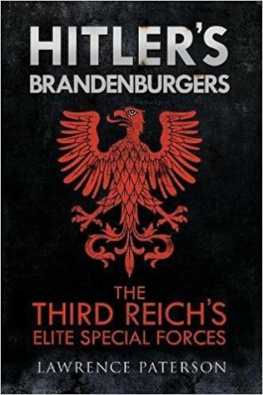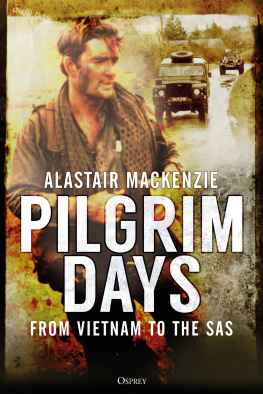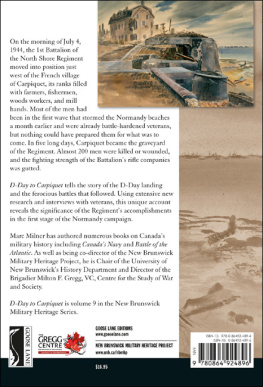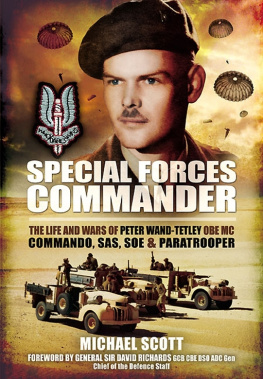AGENT PATERSON SOE
For Win
AGENT PATERSON SOE
FROM OPERATION ANTHROPOID TO FRANCE: THE MEMOIRS OF E.H. VAN MAURIK
Lieutenant Colonel Ernest Henry van Maurik OBE
Preface by John van Maurik
AGENT PATERSON SOE
From Operation Anthropoid to France: The Memoirs of E.H. van Maurik
First published in 2018 by Frontline Books,
an imprint of Pen & Sword Books Ltd,
47 Church Street, Barnsley, S. Yorkshire, S70 2AS.
Copyright Lieutenant Colonel Ernest Henry van Maurik OBE, 2018. Preface and postscript copyright John van Maurik, 2018.
The right of Lieutenant Colonel Ernest Henry van Maurik OBE to be identified as the author of the relevant section of the work has been asserted by him in accordance with the Copyright, Designs and Patents Act 1988.
ISBN: 978-1-52673-416-7
eISBN: 978-1-52673-417-4
Mobi ISBN: 978-1-52673-418-1
All rights reserved. No part of this publication may be reproduced, stored in or introduced into a retrieval system, or transmitted, in any form, or by any means (electronic, mechanical, photocopying, recording or otherwise) without the prior written permission of the publisher. Any person who does any unauthorized act in relation to this publication may be liable to criminal prosecution and civil claims for damages.
A CIP catalogue record for this book is available from the British Library.
Pen & Sword Books Limited incorporates the imprints of Atlas, Archaeology, Aviation, Discovery, Family History, Fiction, History, Maritime, Military, Military Classics, Politics, Select, Transport, True Crime, Air World, Frontline Publishing, Leo Cooper, Remember When, Seaforth Publishing, The Praetorian Press, Wharncliffe Local History, Wharncliffe Transport, Wharncliffe True Crime and White Owl.
For more information on our books, please email: , write to us at the above address, or visit:
www.frontline-books.com ,
Foreword
I would like to borrow the words that Winston Churchill dedicated to the RAF pilots for their actions during the Battle of Britain: Never in the field of human conflict was so much owed by so many to so few. This expresses for us the men and women of the French Resistance and, therefore, the whole French population how much we owe to the SOE and its brave agents.
I have had the privilege of meeting, amongst others, Ernest van Maurik, Agent Paterson, in 1989. In the following book, you will be able to trace his journey, and his difficulties, from Izernore, where he was dropped by parachute, to his exfiltration to Switzerland.
During this time, he was under the care of Romans, Chief of the Maquis of the Ain. He stayed for two weeks in the Ain, visiting several Maquis camps. He was able to witness and report upon the good organisation of the camps, and the willpower and enthusiasm of the Maquisards.
But he could see that the Resistance fighters needed more weapons and he promised Romans that he would explain this to Maurice Buckmaster at SOEs headquarters. As a result, as soon as Van reached Bern, and was able to contact London, he arranged for numerous deliveries of weapons that were parachuted into the Ain.
I can assure you that forty years later, when the Resistance Museum was created in 1983, it would have been possible to arm a whole battalion with the hidden weaponry that had been parachuted, hidden, kept as relics in attics and cellars, and then donated to the museum.
Pierre Mercier,
President of the Association of the Friends of the Resistance Museum,
Nantua, France,
September 2017.
Introduction
The place was Charlottenlund, a very pleasant suburb of Copenhagen, and the time was late August in 1967, also known as the summer of love.
I was sitting round the dining table with my father and mother, Ernest van Maurik and Winifred van Maurik, best known to their friends as Van and Win, and decided it was time to ask a key question that had been troubling me for some time. I was then a rather bolshie, but at the same time unconfident teenager, studying Sociology at Leeds University. Having finished my first year and seeing the prospects of employment in the not-too-distant future, I wondered what people actually did at work and although I had done some research as to the content of various professions, I badly wanted to know the details of what people did on a day-to-day basis. I was now starting to think about the future and what I might be able to do with my degree, when I finally got it. In addition, my confidence and motivation had not been helped by a caustic definition of Sociology that I had recently come across: Sociology, the study of those who do not need to be studied, by those who do!
I did know that Van was a diplomat and had been since before I was born, having been posted to Egypt, Russia, Germany, Argentina and now Denmark. But I had no real understanding of what that entailed. All I knew was the fact that he went to work, came back, had different international postings and that we all managed to have some very interesting holidays as a result of his profession.
The time had come to confront the issue.
I put down my lager. Dad, I said, Ive been wondering for a while what people actually do at work. For a start, could you tell me what you do?
Van sighed, took a sip of his beer and looked me in the eye. Unfortunately, I cannot do so.
Why not?
The reason , he continued, is that I work in the rather more hush hush side of the diplomatic service and therefore cannot describe to you, or anybody else, what I actually get up to.
I was not sure whether to be excited or disappointed. Here was my father, apparently owning up to the allegations that diplomats are just fancy spies, that my fellow students had made when I had told them Van was in the diplomatic service. This added an element of glamour but it did nothing to answer the burning question as to what people did at work.
Win stepped in. But you can tell John how you got into that branch of the service, what it was you did in the war.
Van smiled, took another sip of his drink and then continued. Yes, I guess I can do that. During the Second World War I found myself increasingly involved in an organisation called SOE, the Special Operations Executive, and this led me into eventually being parachuted into Occupied France to help the French Resistance, where I operated under the name of Agent Paterson. I gasped. This had never been mentioned in any detail before. Van continued: Most people know that I did that and it was a very exciting experience; what is not so well known is something that I was involved with before that.
Earlier in the war I was involved in training other agents up in Scotland in commando tactics including blowing up trains and assassination techniques. Although I did not realise it at the time, I trained a group of Czech soldiers who later went on to assassinate the important Nazi leader Reinhard Heydrich in what was known as Operation Anthropoid . I must have looked amazed as he continued swiftly and emphatically. But you must not tell anybody about that. There may still be some Nazis around who might feel strongly about that. We dont want to push our luck! This, after all, was only twenty-two years after the end of the Second World War.



